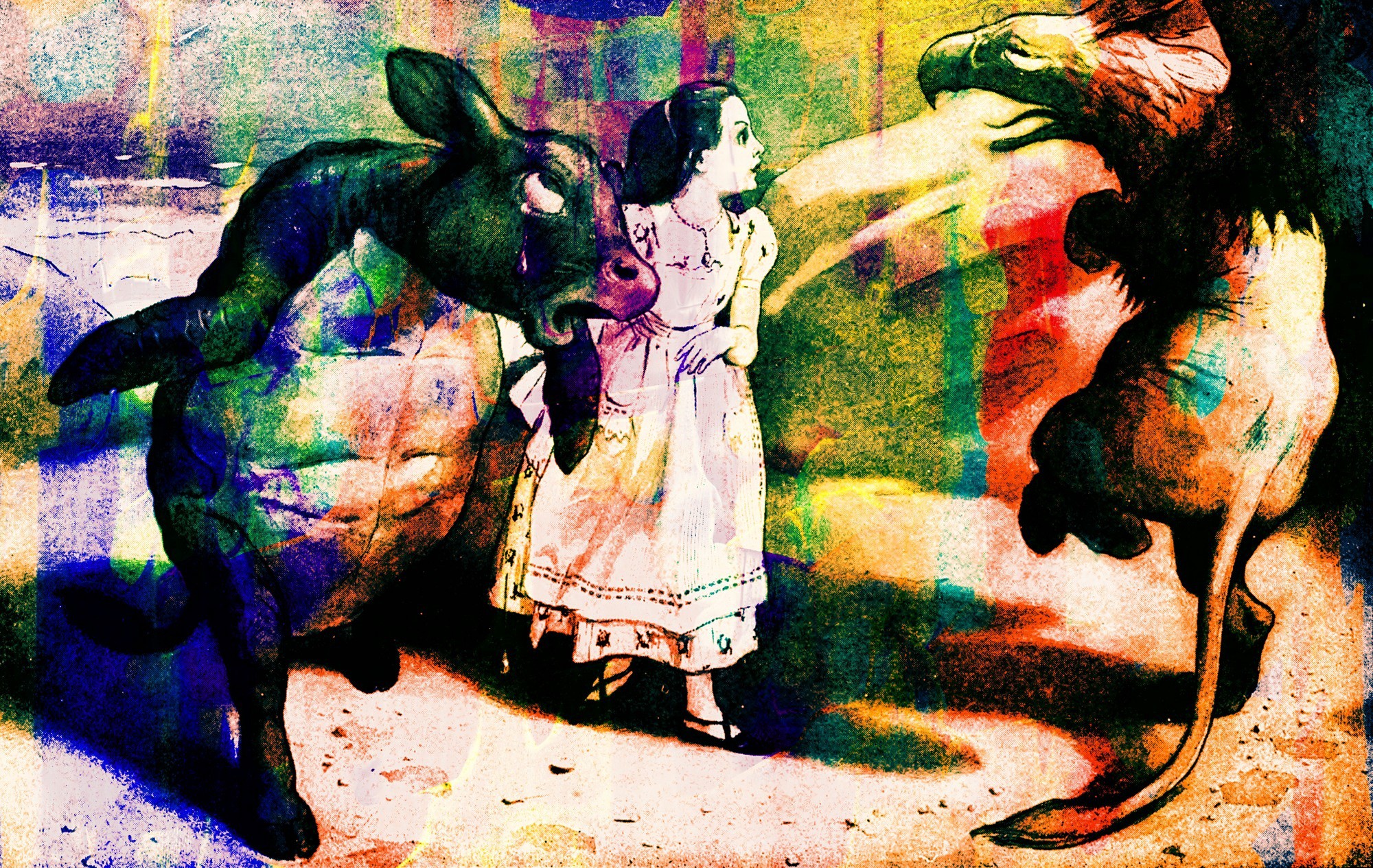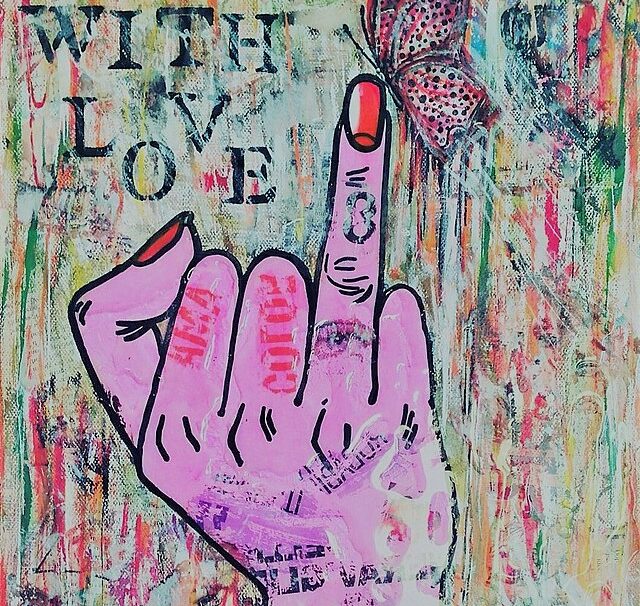Interviews
A Good Short Story Is “A Pill That Lets Us See the Real”
Author Sarah Hall on the short story’s unique ability to challenge our expectations, our sense of order, and the world’s ‘given-ness’

Sarah Hall’s career has been rich in recognition, going back to her debut novel, Haweswater, which won the 2003 Commonwealth Writers’ Prize. The British author went onto be named to Granta’s coveted “20 Under 40” list, and in 2013, she won the BBC National Short Story Award for “Mrs. Fox” — which also happens to be the first story in her latest collection, Madame Zero, arriving on US book stands this week. In Madame Zero, Hall uses rich observations to explore the female experience in wholly original, thoughtful, and enticing stories. Throughout the collection, she weaves themes of resilience, finding your true self, and discovering how truth shifts over time.
We corresponded via email about what short stories offer that novels cannot, how ideas stand out and stick, as well as what we can learn from reading short fiction.

Adam Vitcavage: As a writer, what do you get from short stories that you can’t get in a novel?
Sarah Hall: Short stories are such a different exercise, and testing in their own unique way. It’s not that stamina isn’t required — drafting and editing a story may take years — but they seem to have a different barometric pressure internally. The challenges are more about condensing a world and creating potency, creating consistency and purity across a narrative, and the drama is perhaps like a flash storm rather than the seasonal moods of long form. Sorry for the weather analogy — how English of me! Let me try sport instead…! The satisfaction of feeling you’ve written a successful short piece is a different kind of performance pride to the exhausted post-marathon elation (or sickness) of completing a novel. It feels a more schematic gymnastic enterprise. Short stories are an exacting, less forgiving art form, where, ideally, huge metaphysical references and questions are posed within a restrictive zone. It’s harder to feel you’ve perfected a short story, but in the end they can feel more perfect, meaningful and resonant than a novel.
Vitcavage: What about as a reader?
Hall: This is where I feel short stories have huge appeal and value. Novels can make inquiries into subject matters and can illuminate subjects; they can feel like human journeys or journeys to other worlds, and they can offer extended reading intrigue and pleasure. Stories do that too, to an extent, but their peculiar quality of disquiet, of discombobulation, requires a reader to puzzle about the given-ness of what they believe to be true or right. We try so hard to order and create stability, but life is mutable, and the world is chaotic and vexing. I know no other form that so naturally seeks to challenge given-ness. How? Why? Maybe it’s something to do with void, inference and microcosm-ing — the gap created, of what isn’t there, what isn’t explained, so even small, strange events can knock a reader for six. We have to interpret and bring to the experience all those unsaid but imaginable things, all those uncomfortable suspicions that we aren’t in control. We must test our preconceptions and expectations and sense of security. I suppose I feel that short stories, even though they might seem to create an uncanny matrix, are like a pill that lets us see the real.
“I feel that short stories, even though they might seem to create an uncanny matrix, are like a pill that lets us see the real.”
Vitcavage: I found the variety and scope of this collection to be intoxicating. Every story feels tethered together but completely fresh. Was this a conscious effort, or how did these stories come together?
Hall: Thank you. I think ultimately that’s just how I work. Whatever I’m writing, I have to feel something is a new and separate and entire idea, even if the themes are similar to previous works. Without wanting to sound overblown, I also really try to create an artistic piece each time I write, that contains within it as much as possible (either actually or allusively). It’s not to everyone’s taste, such distinctively different pieces, and I admire writers like Díaz, Saunders, and Tessa Hadley, who create collections with more of a running DNA through the stories, because something greater than the component parts can be constructed overall. Madame Zero is the work of 5 years or so and over that time there have been preoccupations which I think moor the pieces together, albeit slackly.
Vitcavage: Numerous stories stood out to me, but I want to focus on the genesis and creative process of one (or two if you’re willing). “Case Study 2” was stylistically refreshing and “Goodnight Nobody” felt like a story I needed in my life for years. Where did these ideas originally come from?
Hall: Thank you again. “Case Study 2” stemmed from my interest in psychology, particularly an interest in enmeshment within families and communities and how this might effect individuals, and might go on to define how successfully or unsuccessfully people form relationships in the wider world, outside the system that was formative. I think sometimes short story writing (any writing) can place an author through the looking glass. I had a happy rural upbringing — that wild kid on the moors with the snails and the geological knowledge is/was me, but Christopher isn’t me, he’s in another un-boundaried Cumbrian world, of neglect and chaos. With this story I also wanted to challenge myself stylistically. Case studies in psychology or medicine can often read like stories, and I was very interested in attempting the ‘found poem/found document’ model. The real challenge is making something ‘told’ feel activated on the page. And the genogram was hard as I’m completely technologically useless!
“Goodnight Nobody.” This seems like one of the softer stories in the collection to me, which is odd because it comes directly out of a very turbulent patch of my life. My mum was diagnosed with a terminal illness when my daughter was 4 months old, and she died a year later. A few months after that, I became a single parent. The emotional storm of human incoming and outgoing and of personal redefinitions was pretty intense. So this piece is probably about me very gently (gingerly might be a better word) trying to find a way through all that trauma, loss and gain, which isn’t to say I think writing is therapy — I really don’t. There’s a lot of negative space and unknowns and voids in the story, and really the catalyst for its writing can be found in the title. I was reading Goodnight Moon by Margaret Wise Brown to my daughter for the first time, and I hit that empty page with ‘Goodnight Nobody’ on it. Cue a total What-The-Fuck moment for me. Something coalesced, some kind of existential non-understanding, that I don’t think I’ll ever resolve, just like that page will never really make sense. And of course short stories trade so well in irresolution.
“I was reading Goodnight Moon by Margaret Wise Brown to my daughter for the first time, and I hit that empty page with ‘Goodnight Nobody’ on it. Cue a total What-The-Fuck moment for me.”
Vitcavage: The short story writing and editing process is obviously different than a novel. How do you go about the lifecycle of a story?
Hall: Apologies, I’m very bad at describing my process. But I think I know when an idea has the potential shape to be a short story, so I usually set off with more of an idea of what it will ultimately be or become than I do with a novel. Generally a first draft has to be fairly ‘clean-feeling’ and ‘true-feeling’ for a story to go on and be a success, with a lot of up-front editing in the brain, as well as on the page. I tend not to leave anything lingering in unfinished states too long or it dies a death.
Vitcavage :In an interview with the Telegraph in 2015, you spoke about how you want your work to speak to more than just women. I, for one, love learning a different perspective. What do you hope readers — both female and male, young and old — can learn from your writing?
Hall: Oh, I don’t know. It’s not for me to say really what others might take from the work, and I’m certainly not trying to educate. I just hope readers will be transported, be moved, and maybe will be left thinking over a subject. I feel like I’m on a journey of exploration when I write, and I can only hope that whoever — anyone, someone — feels companionability with that journey, because they’re also interested in that subject, and are asking similar questions. I’ve never felt limited by age or gender, even as age and gender have helped form me, so I’ve never felt the work is directed towards a particular group. The one caveat there is I hope women readers especially find my women characters exhilarating and interesting, and I hope they recognise the wide spectrum of female capability and ambition. I know I would like to encounter more of that feeling as a reader!
Vitcavage: Many of your previous works have been held in such high regard. Can you give any insight into your next project?
Hall: A new novel is next. It’s something a bit bonkers, if I can pull it off, but I’m in the early stages so trying to describe anything is probably unwise. And I’m writing more short stories. The form makes a lot of sense to me just now.









